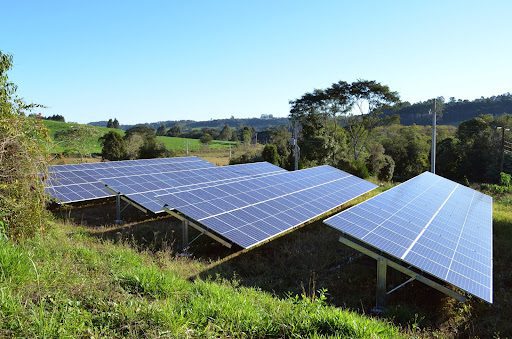In recent years, the United States has become laser-focused on the implementation of renewable energy. Last year alone, the U.S. installed a record 19.2 GWdc of solar capacity, which is up 43 percent from 2019 and is expected to continue to rise over the next 10 years, according to an Axios report. In fact, a Wood Mackenzie report forecasts that a cumulative 324 GWdc will be installed by 2030, and states like Colorado could be a major contributor in the coming years.

As it stands, Colorado is ranked 11th nationally in solar installations according to a recent solar market insight report, and Xcel Energy, Colorado’s largest electricity provider, is taking measures to improve that ranking even further.
In an effort costing upwards of $8 billion, Xcel will more than double its renewable energy generation and storage facilities, set up new transmission lines, and close all of Colorado’s coal-fired power plants by 2040. This ambitious initiative would reduce its carbon emissions by 85 percent by 2030 and would meet the state law requiring all utilities to cut carbon emissions by 80 percent by 2030. It is part of a larger initiative from Xcel to provide completely carbon-neutral electricity by 2050.
This ambitious plan is great news for the state’s continued commitment to sustainability and clean energy, particularly as coal mining opportunities dwindle. Craig, a small city in the northwestern part of Colorado, is just one example of how such communities across the state are reliant on coal mining jobs. With a population of just over 9,000, the locals depend on the nearby Craig Station power plant for economic stability which directly employs 300 people and another 400 indirectly. While the proposed energy plan will affect Craig Station by closing its three generating units by 2030, bolstering the state’s renewable energy industry, which includes wind and solar, will create new jobs in Colorado. In fact, the Colorado State Government has developed a statewide initiative to help ease the transition for the more than 1,900 workers whose jobs might be affected by the closures of coal mines and power plants. The Office of Just Transition will work to aid those workers in transition through a variety of ways including bringing grant-funded programs to these coal-dependent communities, helping workers and their families plan for the transition, providing programs to retrain workers and find new jobs, and working closely with the utility and mining companies to help cover the costs of the transition. So while it is clear that the Xcel solar program will be a large step towards the state’s commitment to completely sustainable energy, Colorado is also planning to make the path to sustainability one that works for all Coloradans.






